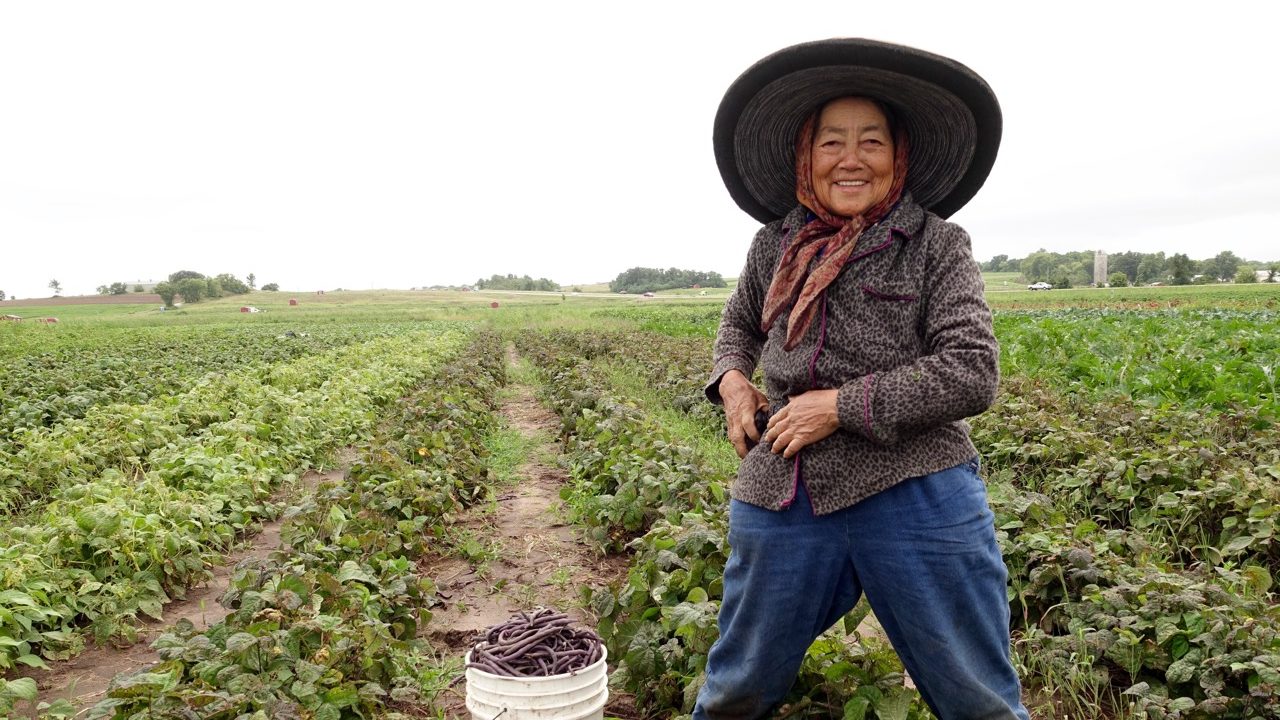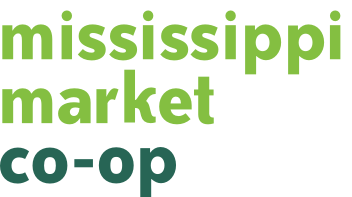
Hmong American farmers have been transforming the local Twin Cities food economy since arriving from Laos and Thailand over 40 years ago as political refugees during the Vietnam War. From an active presence at metro-area farmers’ markets, where local Hmong American farmers now account for more than 50 percent of all vendors selling produce, to introducing unique cultural flavors — from foods like lemongrass, Thai chili peppers, and Chinese bok choy — to Minnesotans’ palates, it’s clear that Hmong American farmers have had a profound impact on our local food scene for nearly half a century.
Yet, for as much of an impact that Hmong-American farmers have made on our local agricultural economy, they’ve historically been under compensated financially for their efforts. Enter the Hmong American Farmers Association (HAFA). HAFA is a member-based organization located in St. Paul, started and led by Hmong farmers, working to uplift immigrant farmers and build wealth in local Hmong-American communities. A recent study conducted by HAFA found that on average, Hmong-American farmers make $3,000 less/acre than more mainstream Minnesotan farmers. HAFA is currently made up of 22 farming families, which breaks down into 128 individual farmers. Each farm is its own autonomous business; farming plots of HAFA’s 155-acre farmland in Vermillion Township, just 15 minutes south of Saint Paul. HAFA’s farmers grow over 160 different kinds of produce, from carrots and kale to ground cherries and lemon grass.
HAFA takes a multi-generational, holistic approach in their efforts to close this earnings gap. Pakou Hang, HAFA’s executive director, says that HAFA supports its farmers in four important ways. “Most importantly,” she explains, “HAFA farmers are part of a community with similar values and goals. HAFA provides its farmers with access to land and markets, business development trainings, and access to micro and matching loans.” The HAFA Food Hub was created as a way to expand the market for Hmong-American farmers who traditionally only sold at local metropolitan farmers markets. Through the Food Hub, HAFA farmers can choose to sell their produce to area restaurants and grocers, like Mississippi Market. Mississippi Market sells several locally grown vegetables from HAFA, including ground cherries, purple sweet potatoes, snap peas, Brussels sprouts, and Thai eggplant.
When asked how HAFA determines success, Pakou doesn’t hesitate, “Kids are proud of what their parents do and are proud to trace their roots back to the farm.” By building a community around agriculture, tapping into the skills of Hmong-American farmers, and addressing institutional barriers such as access to affordable land and economic capital, HAFA is ensuring that Hmong-American farmers will continue to positively impact the Twin Cities foods economy for generations to come.

